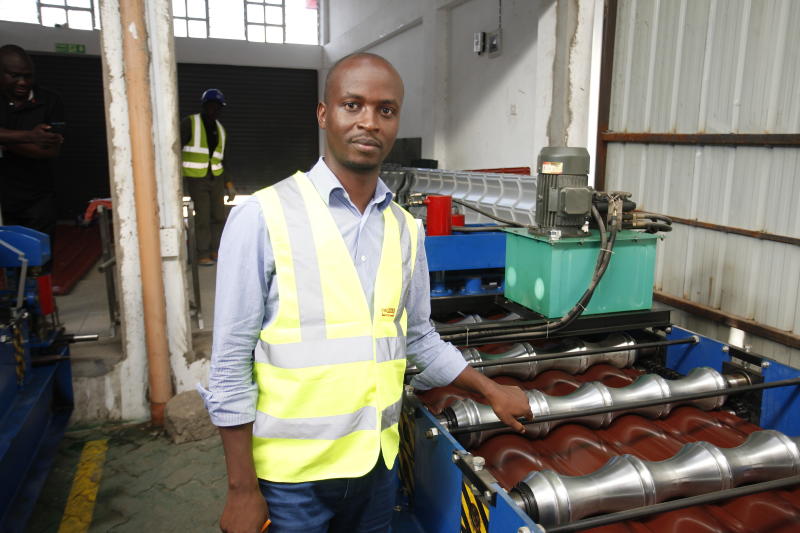×
The Standard e-Paper
Kenya’s Boldest Voice

Andrew Muriungi had a high-flying career, rising through the ranks and landing a management job at a leading media house when the entrepreneurship bug bit him.
He traded his suit and tie for workman boots and overalls, setting up Rhino Mabati Factory Ltd in 2016. For two years, he has built a business that deals in customised roofing sheets. His venture was birthed out of frustrations when building his home.